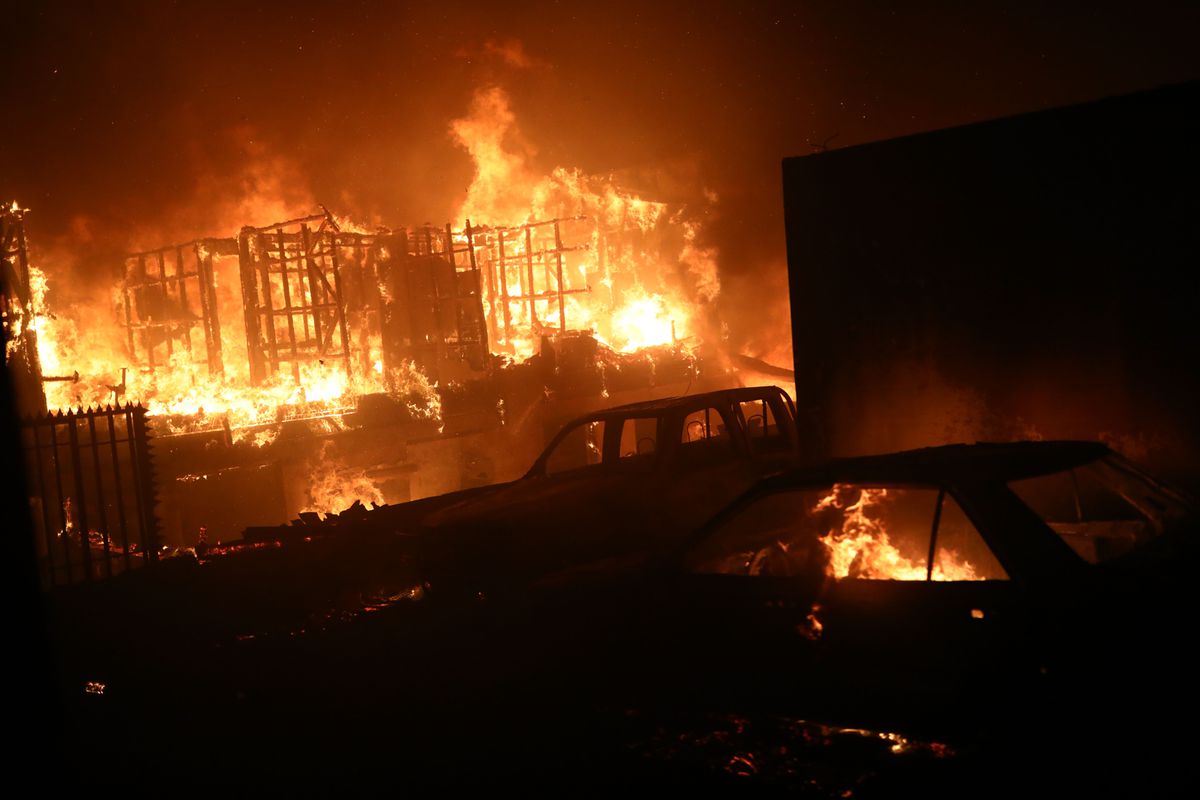Enlarge image
The Swiss Alps near Davos (archive image): Not long now to successfully combat the climate crisis
Photo: Jonathan Ernst / REUTERS
The next two years are likely to be tough - at least that is the message of the Global Risk Report published by the World Economic Forum this Wednesday.
In it, the experts list a whole series of short- and medium-term risks for humanity that could, in the worst case, reinforce each other.
According to the WEF, more than 1,200 experts, politicians and managers worldwide were interviewed for the report, which the World Economic Forum (WEF) compiled together with the consulting firm Marsh McLennan and the insurance company Zurich.
More than 80 percent of them expect greater economic fluctuations and shocks in the next two years.
The World Economic Forum traditionally publishes the report shortly before the start of its annual meeting in Davos, which will take place in January for the first time since the beginning of the corona pandemic and will be attended in person.
Among other things, Chancellor Olaf Scholz (SPD) is to give a speech in the coming week.
The governments of the world are faced with a balancing act, according to the report that has now been published: On the one hand, they must protect their citizens from the consequences of rising living costs without allowing national debt to escalate.
At the same time, they would have to create the energy transition - and all of this in an environment that has become much more geopolitically unstable.
In the resulting new economic era, the gap between rich and poor countries will continue to widen - and "the first regression in human development in decades".
Economic wars would become the norm - with increasing conflicts between the major economic powers and state intervention in the markets, according to the report.
"Geopolitics trumps economics," write the experts.
That makes more inefficient production more likely – and with it rising prices.
Above all in countries that are heavily dependent on imports, the inflation crisis threatens to turn into a humanitarian crisis in the next two years.
Social unrest and political instability could be the consequences - and further reduce the possibilities for joint global solutions.
The cost of living is therefore at the top of the list of short-term risks (for the next two years).
Natural disasters, extreme weather events and geoeconomic conflicts follow in second and third place.
The greatest long-term risk is the climate crisis
In the long term, however, climate and environmental risks clearly dominate the list of experts surveyed: over the ten-year period, failure to combat climate change is considered the greatest danger - followed by failure to adapt to climate change.
Climate and environmental issues take six of the first ten places.
Biodiversity loss and ecosystem collapse is rated as one of the fastest growing risks over the next decade.
It is still possible to mitigate these long-term risks, the report says.
But the window of opportunity for this is rapidly closing.
pc















